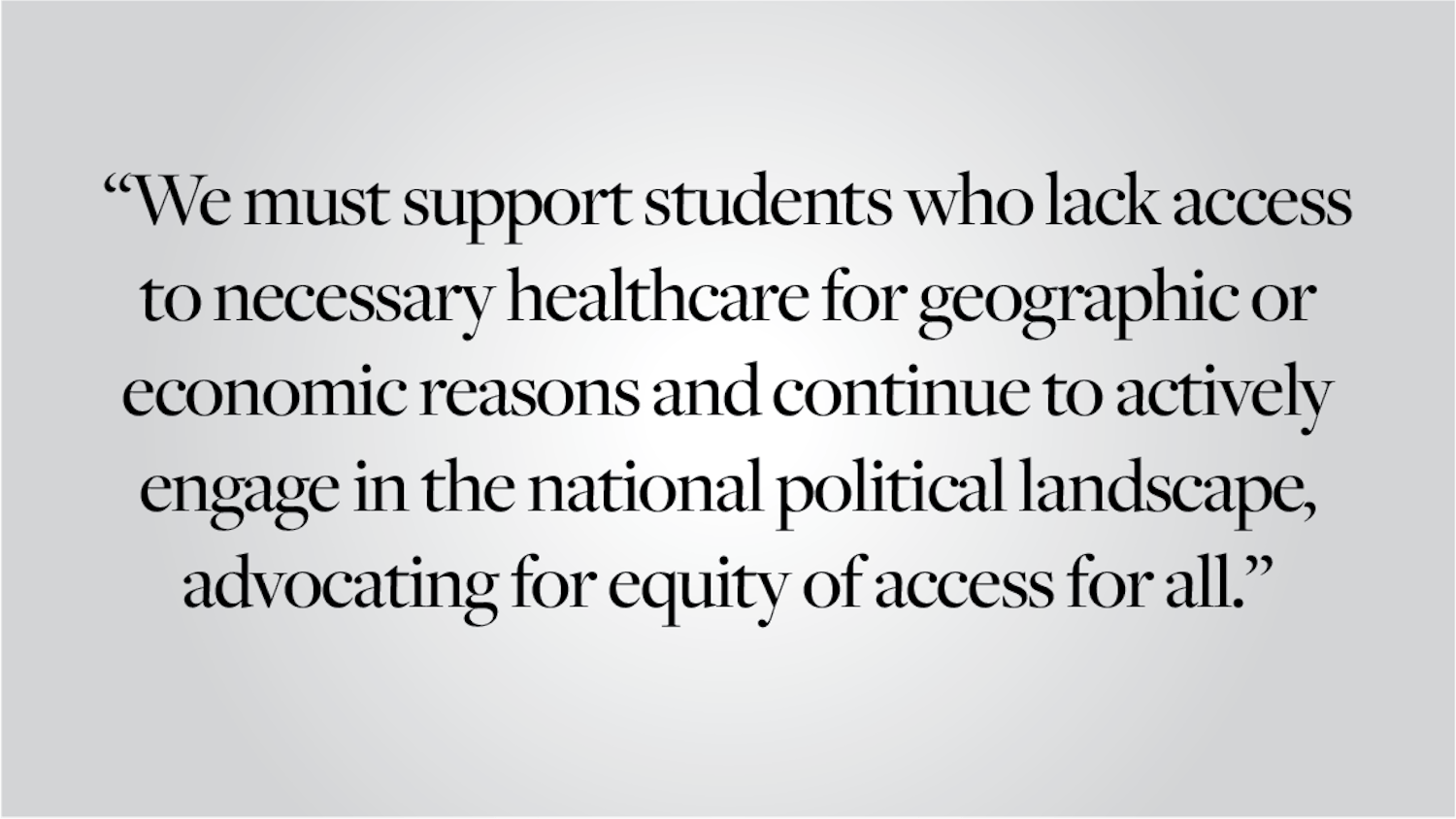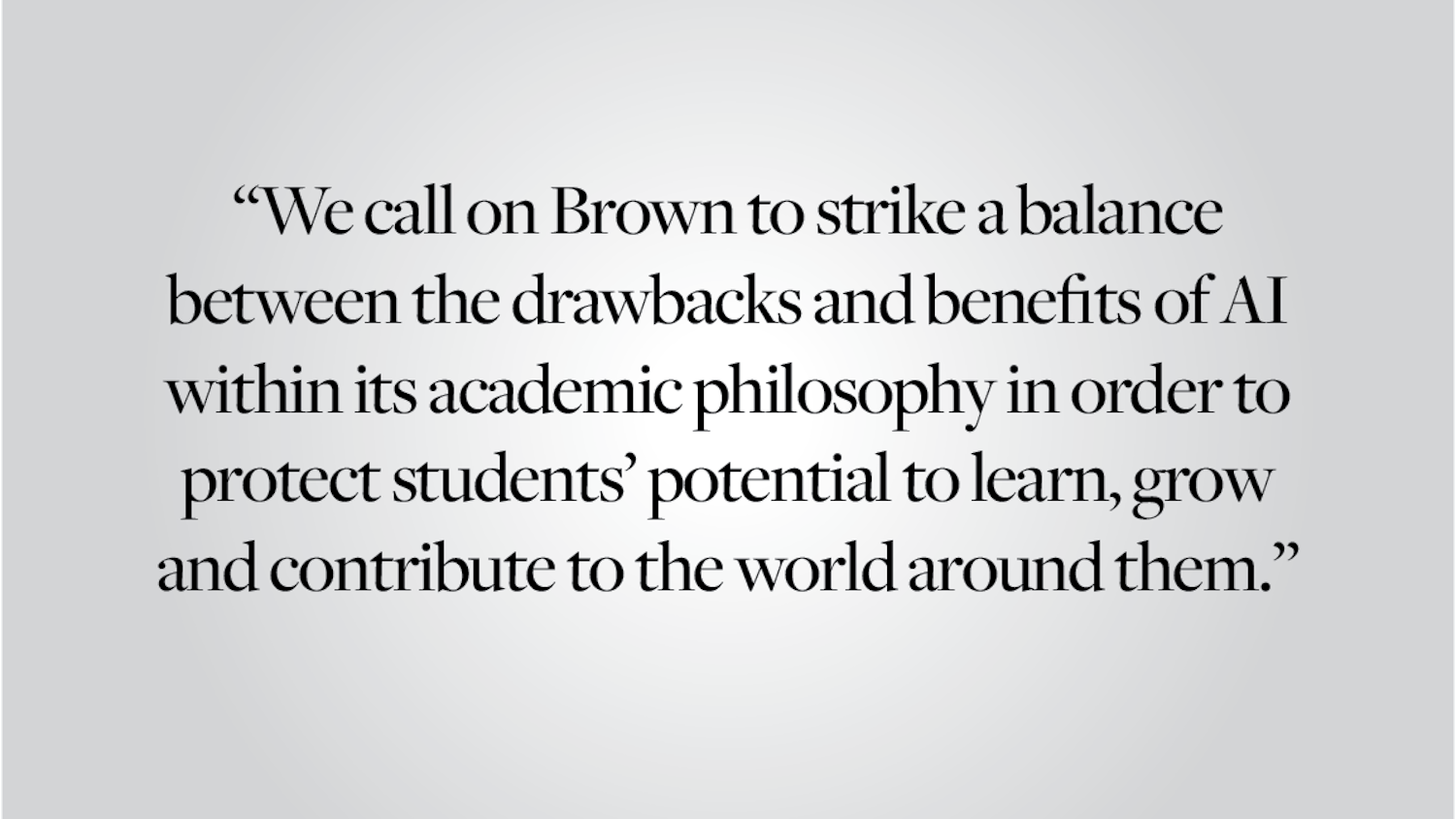Commentators from college students to cable news pundits have noticed our tendency to hop from one issue to the next. Scandals and crises monopolize conversations until the next news cycle. But Ebola cannot be one of those issues. The price for not responding immediately and drastically is too high.
Two weeks ago President Obama rightly dedicated 3,000 U.S. military personnel — twice as many as are currently in Iraq — as well as 1,700 beds and 400,000 home health kits to fighting the disease in Liberia. This year’s outbreak dwarfs any since the disease was discovered in 1976. With more than 2,900 lives taken, its death toll is already double the combined total of the previous four largest outbreaks. By comparison, due in part to their significantly lower mortality rates, the MERS outbreak killed 300 people in 2012-13 and the SARS epidemic killed 800 in 2002-03. The Centers for Disease Control and Prevention have predicted that, without sufficient international aid, the Ebola death toll could rise to 1.4 million by January. Even worse, the World Health Organization Ebola Response Team published a report Tuesday in The New England Journal of Science warning if containment fails, the disease could become “endemic” to the population.
A danger to international security, Ebola must be prioritized as a global threat. But unlike the controversies in regards to Ukraine, Syria or Gaza that divide the world powers, this is a crisis that should bring the members of the United Nations together. Thus far, the contributions by the United States and nongovernmental organizations like Doctors Without Borders have not been matched by other powers, including those in Europe. If resources and personnel are not afforded to Sierra Leone and Guinea, experts have warned the region faces a destabilizing migration as populations cross borders in search of better medical care in Liberia.
For a disease with a 70 percent mortality rate and no cure, traditional approaches to world health crises are not enough. The need for a vaccine is urgent, but its development is not plausible given the lack of time to react to a global outbreak. Health organizations, while capable of providing long-term aid, are rendered useless in the face of such a severe emergency outbreak.
Even beyond the potential loss of life in West Africa, the disease deserves the world’s attention and resources because scientists suggest if unmanaged, it could mutate into an even more contagious virus and travel across continents. There are a number of very scary, very real crises in international security today. We must prevent Ebola from being one of them. Proper resources and every effort need to be afforded to end this outbreak and avoid a worse-case scenario pandemic.
Editorials are written by The Herald’s editorial page board: Natasha Bluth '15, Alexander Kaplan ’15 and James Rattner ’15. Send comments to editorials@browndailyherald.com.
ADVERTISEMENT




